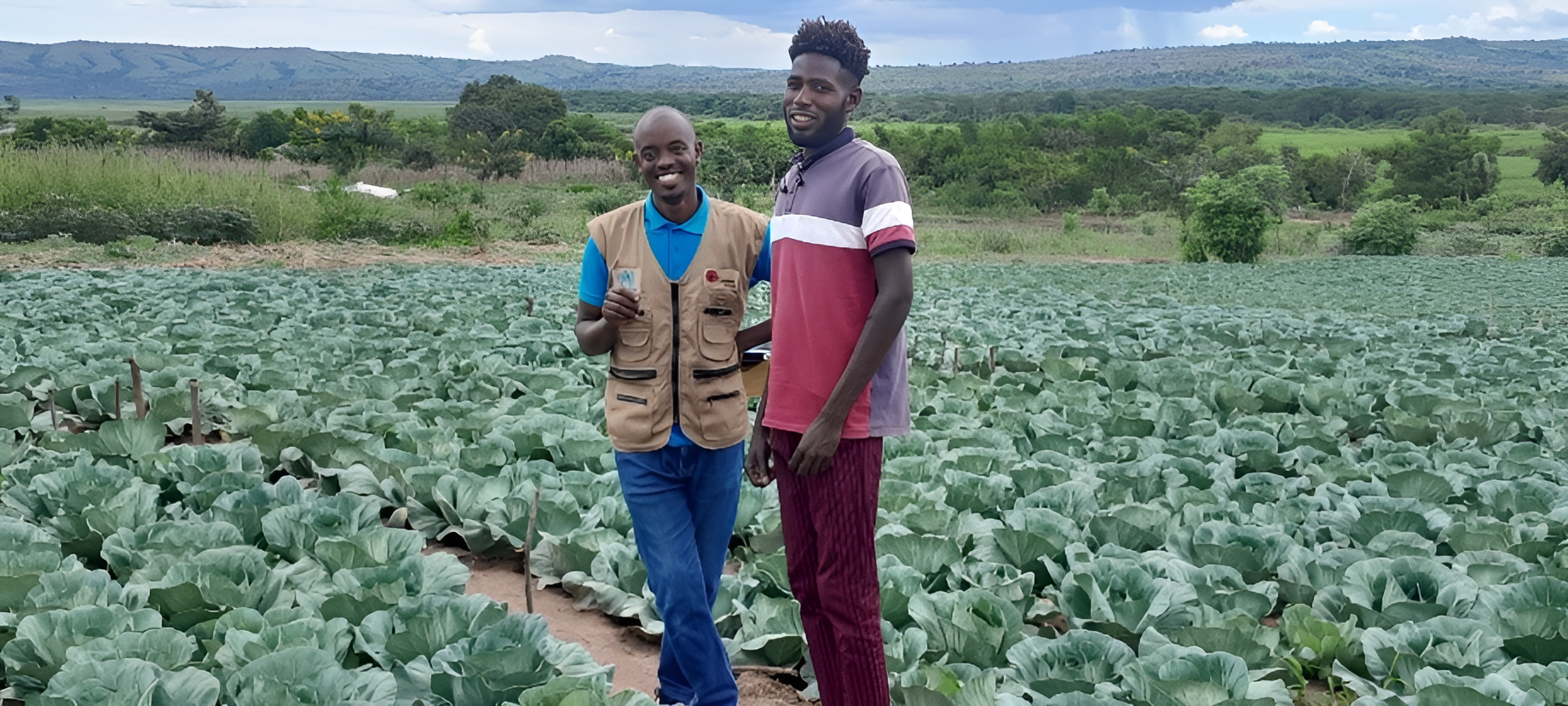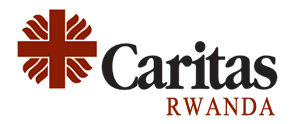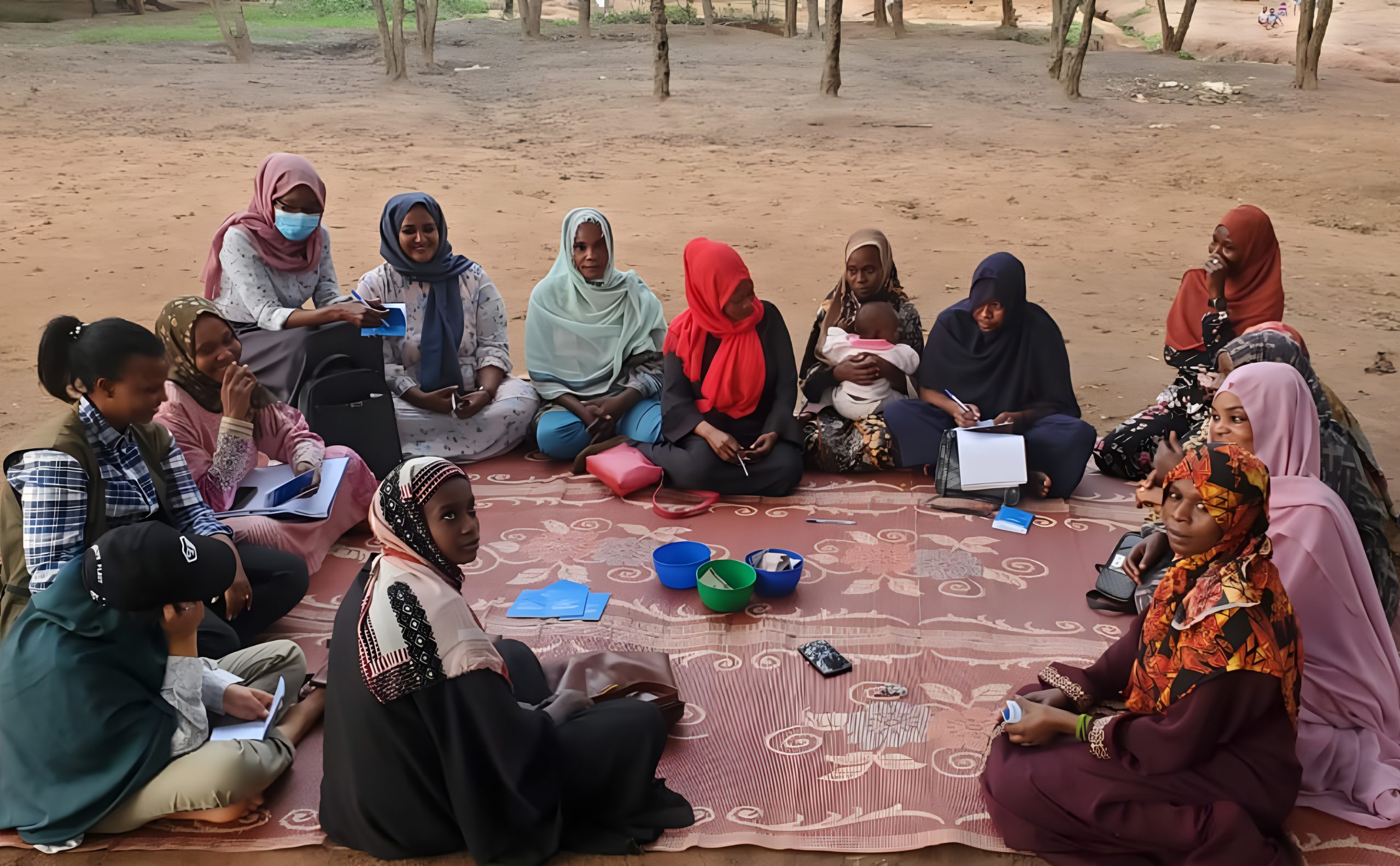In order to help them come out of poverty and become self-reliant, Caritas Rwanda, with the support from UNHCR, through its Graduation Project, supported 50 Sudanese refugees and other asylum seekers from Mahama refugee camp by providing them with various trainings, including SILC methodology, and the project provided them with Rwf 800,000 each, to help them implement their small income-generating projects.
After the training, they formed two SILC groups. Each SILC group is typically structured with around 25 female participants in one group and 25 male participants in another. They meet regularly to contribute to a shared savings pool, which members can borrow from to support their personal or business financial needs.
By the end of March 2025 (4 months after they began saving in their SILC groups), they have saved Rwf 1,448,350 and learnt how to use internal loans. At the moment, Rwf 1,092,200 is the total amount of internal loans.
Testimony from one of the SILC members
Savings and Internal Lending Communities (SILC) play a vital role in fostering economic empowerment and self-sufficiency among refugees and asylum seekers. These groups serve as a gateway to financial inclusion, allowing individuals to save, access small loans, and strengthen their financial resilience.
Ibrahim Altayib Namriyn is member of the Entrepreneur Passages SILC Group, a savings and internal lending community group made up of Sudanese and other minority refugees. This group has played a crucial role in his business expansion. As he says, “Being part of this SILC group is very important for me. Instead of borrowing money from friends, I got a loan of Rwf 60,000 to purchase pesticides. I repaid it with a small interest. Now, I plan to take a larger loan to expand my project”.

In fact, after benefiting from the training on Entrepreneurship and Modern Agriculture and receiving a cash grant of Rwf 800,000 from the Graduation Project; Ibrahim invested in growing vegetables. Since he has installed the irrigation systems in a plot of land he rents Rwf 250,000 per year, he can earn income even during the dry season. He anticipates earning at least Rwf 3,400,000 from his first harvest of cabbage and okra.


